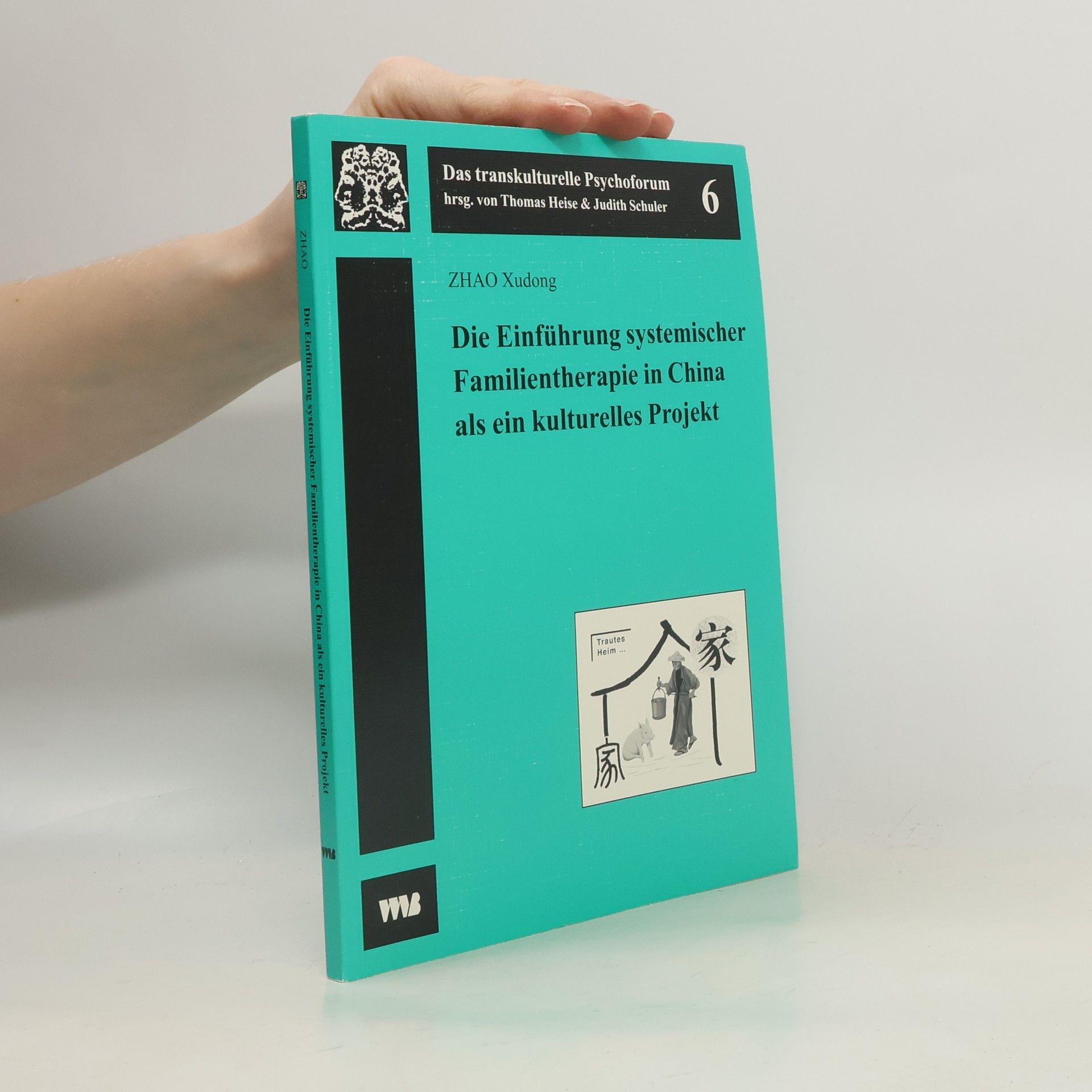Focusing on cultural transformation in the modern world, this first volume examines how cultural consciousness is re-established. It delves into various manifestations of these changes, providing insights into the dynamics of cultural evolution and the factors influencing contemporary cultural identities. This exploration sets the stage for a deeper understanding of anthropology in the context of ongoing cultural shifts.
Xudong Zhao Knihy




Anthropology of Cultural Transformation II
Chinese Consciousness and Ethnography Writing
- 152 stránek
- 6 hodin čtení
Focusing on the anthropology of cultural transformation, this volume explores the ways cultural consciousness enhances and redefines the field of anthropology and ethnographic writing. It delves into the impact of cultural shifts on understanding and interpreting human experiences, offering insights that contribute to a deeper appreciation of diverse perspectives within the discipline.